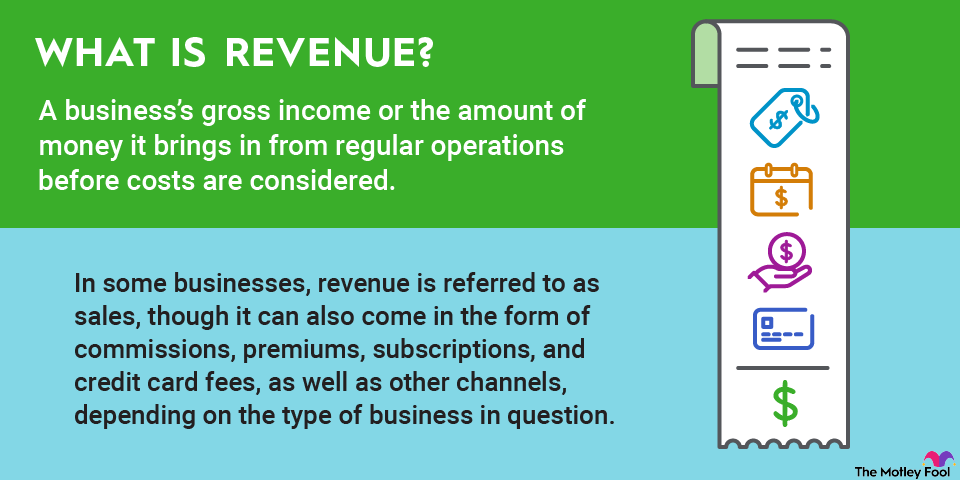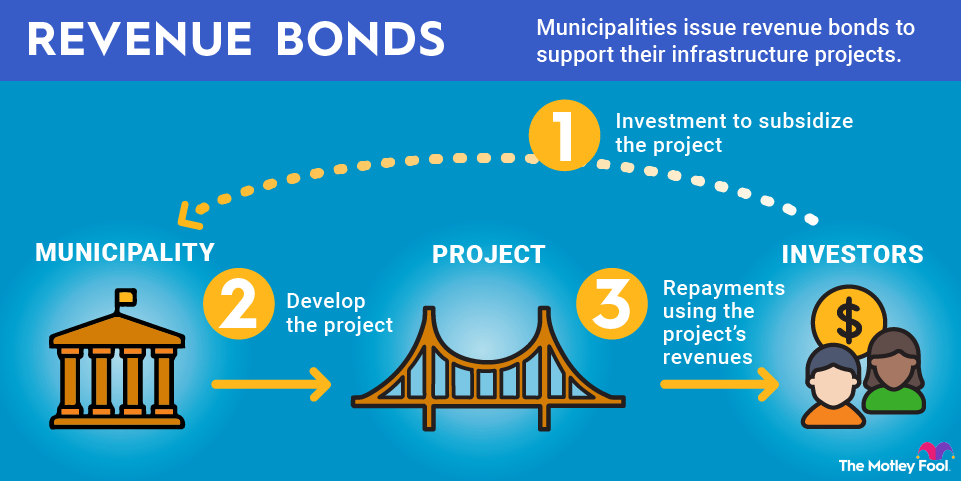Real estate prices have been in the news for the last few years. They went up big time, but what causes that? It all comes down to real estate inflation -- which is just like other kinds of inflation but specific to real estate. Read on to understand what real estate inflation is, what influences it, and how it can influence the price of housing.

What is real estate inflation?
Real estate inflation, at its core, is all about the increase in real estate prices over time. This includes things like the price of real estate for purchase but can also extend to growth in rental prices. Both have happened pretty dramatically this decade, and prices continue to rise, though much more slowly.
Since housing costs are a huge part of the cost of living, when real estate inflation goes up, so does overall inflation because real estate prices have such a huge influence on the economy. Even if food and energy drop, you can see high inflation as a side effect of major real estate inflation.
What influences real estate prices?
Real estate prices suffer from many of the same pressures as the prices of anything else, including supply and demand. A large contributor to the rapid increase in real estate prices was a limited housing inventory that was made worse by a significant demand for housing. Any time that happens, prices will go up, whether the item in question is a house, a car, or a box of donuts.
Housing costs also suffer from additional pressures that donuts generally don't, including mortgage interest rates and government policies. When interest rates are low, demand can skyrocket, which pushes housing prices high -- and with real estate, it's often difficult or impossible to bring these prices back down without significant economic damage. Government policies can also make a big difference, especially if they cause an increase in demand, like first-time home buyer incentives or tax breaks for homeowners.
Investors can also increase real estate prices, although their activity is not generally believed to be as significant as the collective power of individual buyers in the single-family housing market. Where investors make bigger dents is with increases in apartment rents across large complexes and the rejuvenation of neighborhoods to the point of gentrification.
Real estate inflation versus general inflation
Real estate inflation and broader inflation go hand-in-hand. When inflation increases, the cost of pretty much everything else goes up, too, including housing. But housing can also cause inflation to increase due to the huge role it plays in the economy. When real estate inflation is outpacing general inflation, it can be really difficult for regular people to buy houses or even find affordable rental units until their incomes catch up, which can take many years.
In the meantime, those people are saving money for their chance to get into the housing market, which can begin to represent a lot of pent-up demand. When wages once again catch up to real estate prices, it can set off more real estate inflation if too much of an imbalance occurs or there isn't enough inventory to keep the upward pressure on prices to a minimum while still meeting demand.
Why real estate inflation matters to investors
Investors should be especially interested in real estate inflation since you're not simply looking at the purchase of a single home a few times in your life. You may be more interested in the cost of renting warehouse space for your favorite logistics company or how much free cash flow an apartment real estate investment trust (REIT) has for the year.
Every acquisition and new lease is influenced by real estate inflation, and the less your company has to pay, the better its bottom line. On the other side of the coin, if your company owns its properties outright and real estate inflation is increasing, this can also provide significant equity for a new acquisition or upgrades to rentable properties.



















